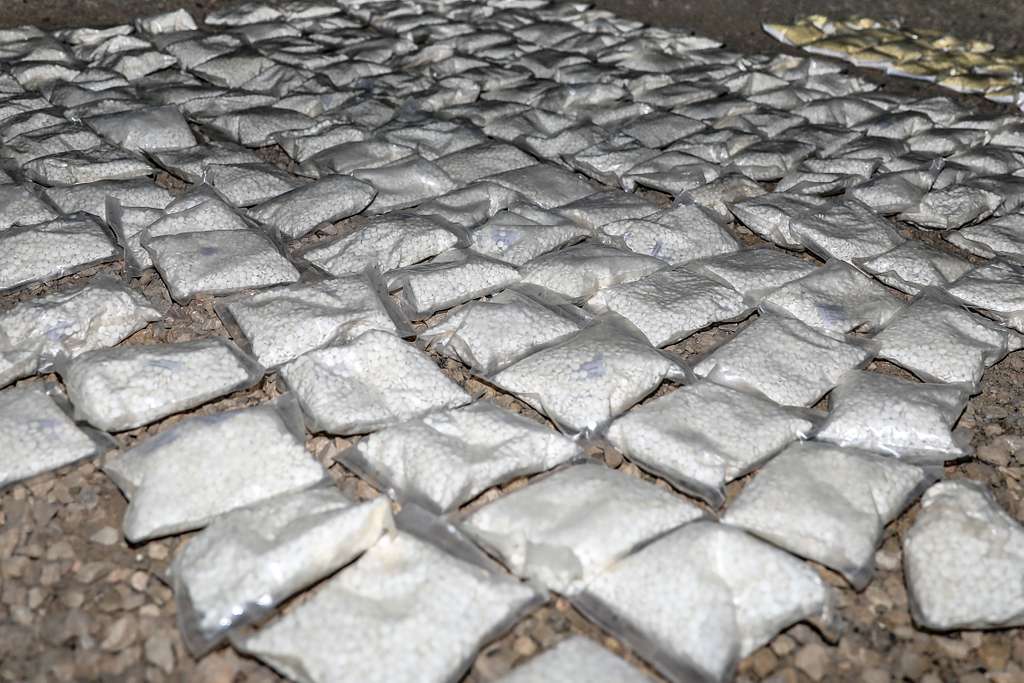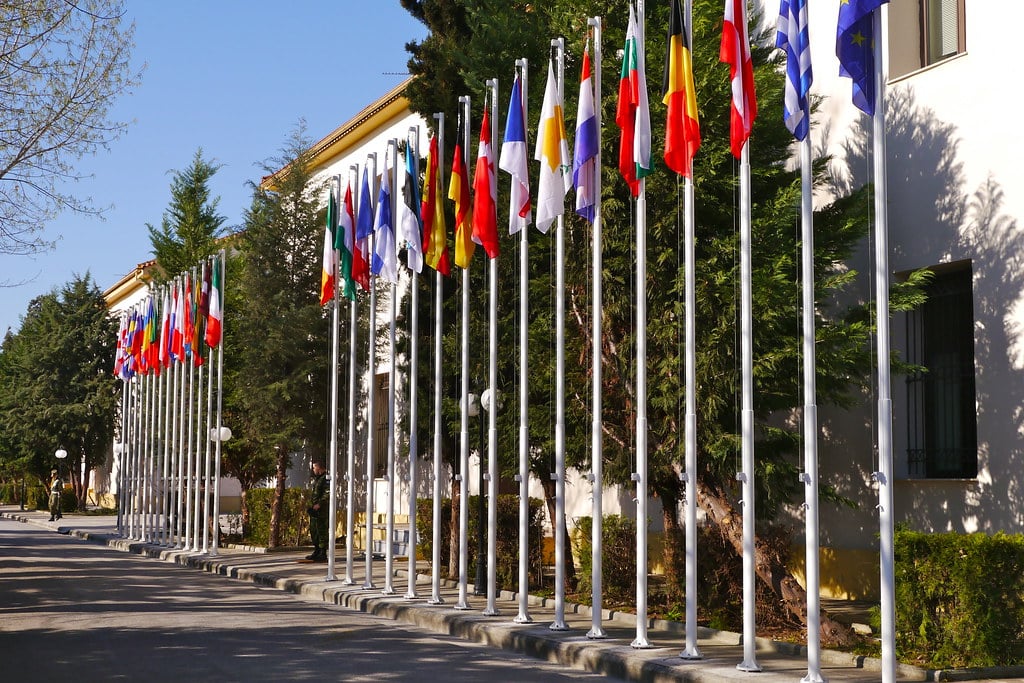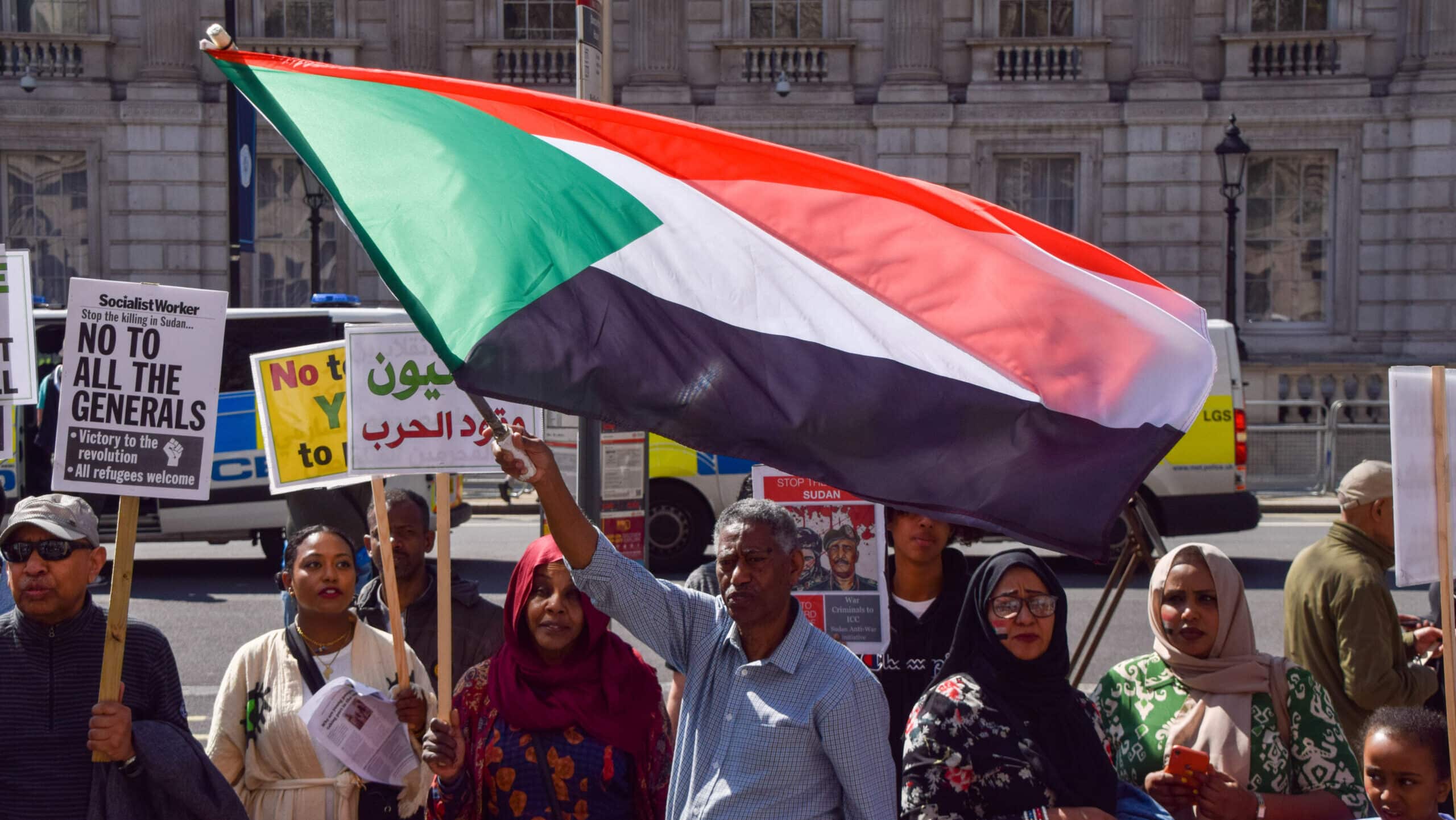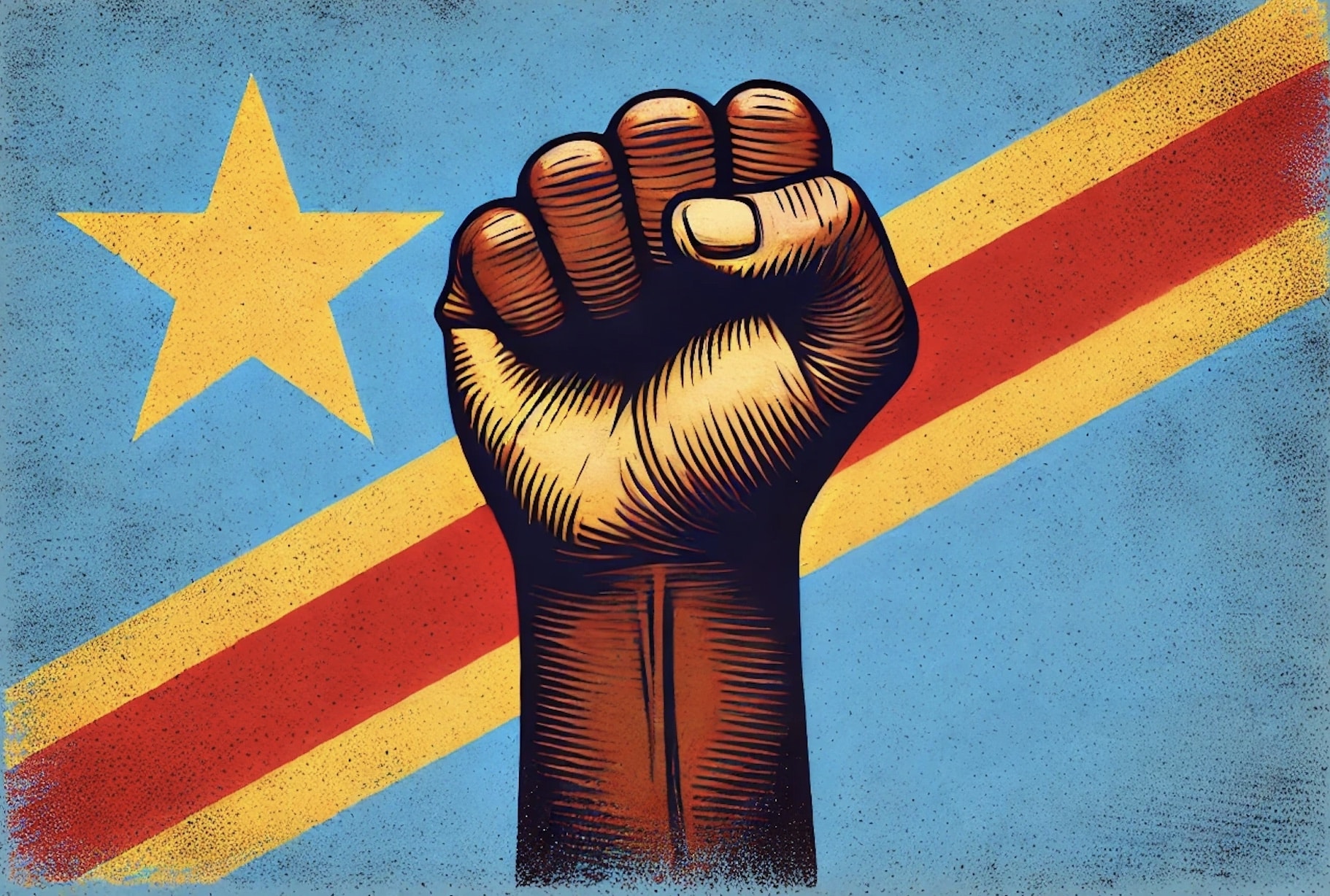The drug captagon is causing a major problem in the Middle East. The drug emerged in the early 2000s when IS distributed it to its warriors, but soon spread to the rest of the population. It has become the drug of choice for young people in the Middle East and North Africa. The growing demand has led to a thriving illegal drug trade which runs from Lebanon and Syria to Jordan, and then to the Gulf states. One of the producing countries of the drug, Lebanon is also recently experiencing the negative economic impact of production, receiving sanctions from neighbouring countries where consumption is a major problem. In Jordan, too, the consequences among the population are severe.
Captagon is one of several brand names for phenethylline hydrochloride. This is a stimulant with addictive properties that is used recreationally throughout the Middle East and is sometimes called the "cocaine for the poor". Armed groups and armed forces use it in combat situations, where it is thought to promote properties that strengthen courage and numb fears. Students also use it during nights spent studying for exams and graduates use it as a means of coping with the stress of unemployment. Production costs for captagon are relatively low and production facilities are highly mobile. Synthesis of the drug requires little equipment and only rudimentary chemical knowledge. The main foreign markets for captagon are Saudi Arabia and Jordan, where it is used as a recreational drug.
Taboo on drugs
In the Middle East and North Africa, countries have generally not played an active or outspoken role in global discussions on drugs. Many governments do not collect or publish data on their production, trade and use. Drug addiction and its use are a taboo, with little public or government attention to the problem. Prevention policies in these countries consist mainly of large-scale seizures, but this crackdown has done little to weaken the illegal multibillion-dollar industry. Prevention is mainly implemented through trying to reduce the supply side of the drug, but not much is done to understand and ultimately reduce the demand side. Conservative societies in the region stigmatise users, so few seek help. In the Middle East and North Africa, social taboos, traumatised dislocated populations, a fragile state, weak and corrupt law enforcement, rival geopolitics and violent conflicts hinder effective drug policies.
There are also high prison sentences in Jordan for drug possession. Drug-related crimes are tenfold in the past 15 years and is the most common crime in the country. Possession of a small amount is enough to go to jail, but since 2016, addicts can be exempt of a prison sentence if they seek treatment in a rehab centre. Despite this, drug addicts are strongly looked down upon in the conservative society. There are also too few shelters in Jordan to accommodate all addicts: there are only two public rehabilitation centres. Abdullah Hanatleh, the director of a Jordanian NGO that offers programmes and psychosocial support to people struggling with drug addiction, said that "there is a lot of stigma in Jordanian culture towards people who use drugs". According to him, this stigma has been created by the conservative Jordanian Muslim community, but also by the criminalisation of drugs, which means addicts are seen as criminals. For many addicts, criminalisation often deters them from seeking treatment due to fear of government authorities. He also indicates that drug addiction research is prevented because families are unwilling to report addiction due to the prevailing stigma.
Domestic war on drugs in Lebanon
Lebanese authorities have been tracking down laboratories producing captagon for years. They also monitor the borders with Syria to discover smuggling routes. However, it is difficult for Lebanon to control this as Hezbollah mainly controls the border with Syria. Hezbollah has bought property and land in many eastern areas along the border with Syria. Parts of the areas have been declared as military zones inaccessible to the Lebanese authorities or anyone not affiliated with Hezbollah. This has made control by the Lebanese government almost impossible.





